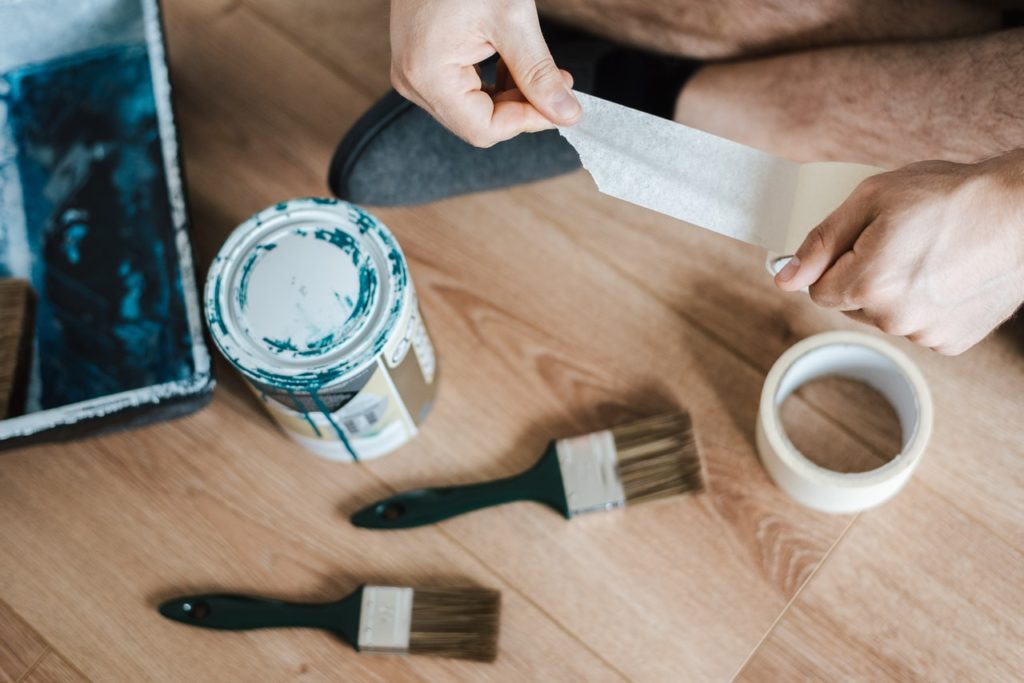Being stuck at home for a very long time, you have probably noticed a thing or two in your home that should be fixed or improved. And naturally, you’ll want problems at home addressed as soon as possible to ensure the comfort and safety of your family. And you’re not alone in thinking that. One survey found that three out of four homeowners finished a major home renovation project during the pandemic.
Some home issues need to be addressed promptly. And by fixing these issues or remodeling a space entirely, workers will have to come in and out of your house. This can pose a safety risk.
While home renovation services are operational and have their own safety protocols, you need to set your own safety rules as well.
Discuss Your Concerns with the Contractor
Before renovations start, talk to your contractor about their safety protocols. Ask them how they screen employees, especially those that will work at your house, and whether they’ve been in contact with a confirmed case before. The contractor might also have the same safety concern for their employees. So consider assuring that you and your loved ones are healthy and do not have the virus.
You can also ask questions about how your contractor will ensure the safety of their employees during the renovation. What protective equipment are workers required to wear during renovation or construction?
Lastly, ask how long the renovation will take. It’s best to keep the process short so that there’s as little contact as possible. Some projects can be done within a day. But other processes may take longer. By knowing the estimated duration of the project, you can make needed adjustments at home. For example, if the project will take a week, then it might be safer for your family to stay somewhere else to decrease risk.

Prepare Disinfectants
As much as possible, workers will do most of the labor outdoors to limit contact with you. But in one way or another, they’ll have to enter your house. For example, if you want to remodel your kitchen, workers will need to go in to check your kitchen’s dimensions, install a new set of wall storage and base storage, and so on. Or if you’re having your electrical issues or insulation repaired, workers have no choice but to stay inside your home.
Thus, you’ll need to prepare your home for your “visitors.” You can put a sanitizer dispenser a few steps from your door so that workers can clean their hands before entering. Or, if there’s a faucet outside, place a bottle of hand soap right next to it. Remind the workers to wash their hands before entering.
In addition, shoes can be transmitters of COVID-19. So consider putting a foot bath by the entrance. Dilute household bleach and place the solution in a tray by the door. CDC advises using bleach that contains 5.25% to 8.25% sodium hypochlorite. Place a dry rug next to the foot bath.
Maintain Social Distancing
When the renovations start, always maintain at least a six-foot distance from workers when you interact with them. Also, as much as possible, limit the number of people in your household that interact with the workers. For example, only you can talk to them and check on what they’re doing. The rest of the family should stay in their rooms.
Also, ensure that you’re always wearing a mask when you go out to check on their progress and when they enter your house. Construction workers are more than likely to wear N95 masks, so you can just wear a cloth mask if you don’t have surgical masks at home.
Clean Your Home After the Project
Once the construction is finished and the workers have left, you need to clean the areas where they were. When you do, make sure that you wear a mask and a pair of disposable gloves. If you have goggles, wear them too.
Clean all hard surfaces that the workers may have touched. Wipe the doorknobs, tables and light switches, and whatever they worked on in your home (e.g. cabinets, faucets, etc.). Don’t forget to mop the floor as well.
You will also need to disinfect soft surfaces. Launder any exposed cloth items like rugs and cloth masks.
COVID-19 is still not contained, so some home improvement projects may be considered high risk. But some projects can’t be delayed. Thus, make sure that you implement the necessary safety measures before and after construction. Always maintain cleanliness in your home, observe social distancing, and observe proper hygiene.

